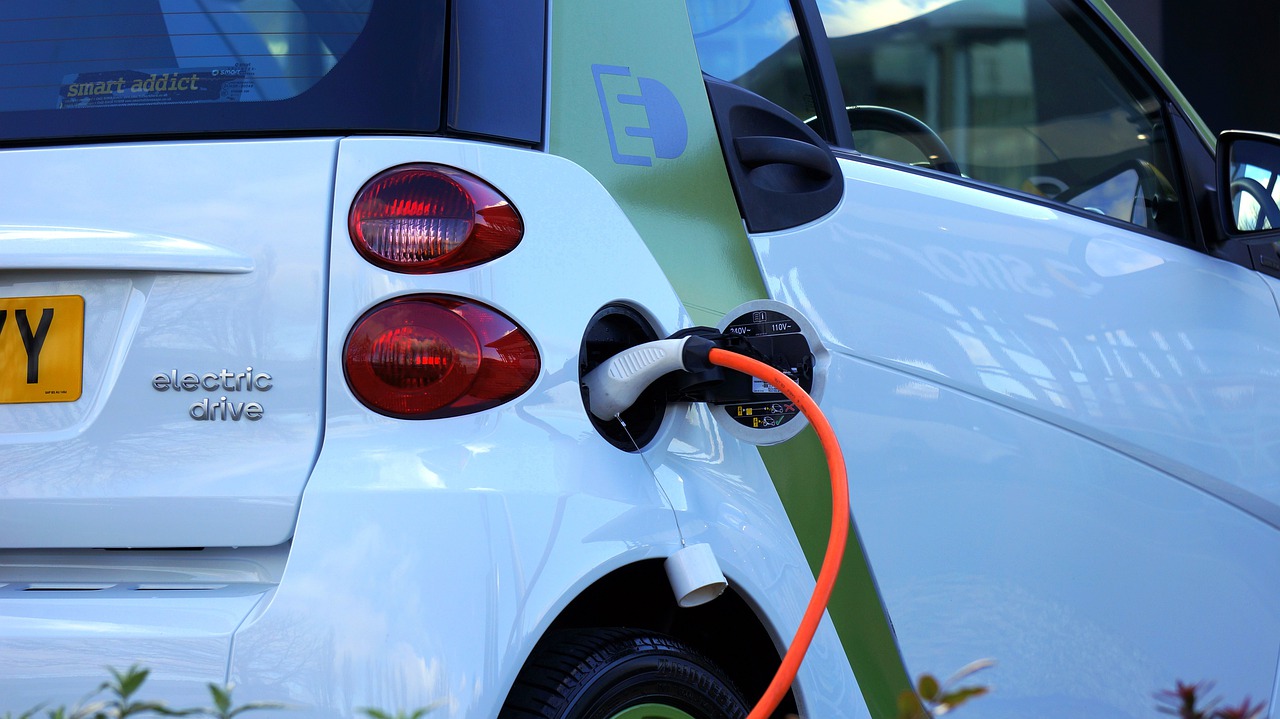
What are the tax benefits of electric company cars?
23/09/22
The government’s Net Zero Strategy includes a commitment to transition to clean energy and green technology. As part of this, it is encouraging a shift to electric vehicles, which is reflected in the tax benefits for both companies (which for these purposes includes partnerships and LLPs) and employees.
Employee benefits in kind
If an employer provides an employee with a 100% electric car, which is new and unused, the benefit in kind is just 2% of the car’s list price (which must include the cost of the battery). This 2% rate will apply from 2022/2023 to 2024/2025.
The company can include benefits such as insurance, maintenance, installation of a charging point at work or the employee’s home and recharging at work without giving rise to any additional taxable benefits (although benefits such as a chauffeur, payment of parking fines or penalties would give rise to a taxable benefit).
Salary sacrifice
The salary sacrifice changes introduced in 2017 do not apply to ultra-low emission vehicles (i.e. those below 75g/km). This is a win-win for both employer and employee. The employee gets a car at a significantly reduced benefit in kind, and the employer saves 15.05% national insurance contributions (2022/23) on the salary sacrificed and a contribution towards the cost of providing the car.
Treatment from the employer’s point of view
There are a few issues to consider here. The employer can either buy the car outright or lease it.
First year allowances
If the employer buys it outright or under hire purchase, the car will be a capital asset on which first year allowances can be applied. This is a separate allowance from the annual investment allowance.
If the car is leased (either as an operating or finance lease), the depreciation cost in the profit and loss account will be an allowable deductible cost.
It may not always be beneficial to claim the 100% first year allowance, for example, for a company, given the mooted increase in corporation tax rates to 25% from next April (although there are rumours at the time of writing that this increase will be cancelled). If a sale of the car is planned at a future date, applying a normal writing down allowance at 18% may be more beneficial over the period the employer owns the car.
VAT
Unless the car is solely used for business purposes, it is not possible to reclaim VAT on the purchase price. If the car is leased, the employer may be able to reclaim 50% of the VAT payable on the lease payments.
If the employee charges the car at home, VAT cannot be reclaimed on the cost of the electricity. If it is charged at work, only VAT on the proportion attributable to business mileage can be reclaimed.
If the employer installs electric charging points in its car park before 31 March 2023, the cost will be eligible for a 130% super deduction, as plant and machinery, against taxable profits in the year in which the expenditure is incurred.
The above is a general overview of the tax treatment of electric company cars. If you have any queries on this topic, please contact Jill Springbett at jill.springbett@mgr.co.uk.
Warning: The above is merely general guidance and should not be relied upon as formal advice. The advice we give to each client will depend on their specific circumstances. We suggest you take professional advice before taking any action in relation to the issues discussed above.




